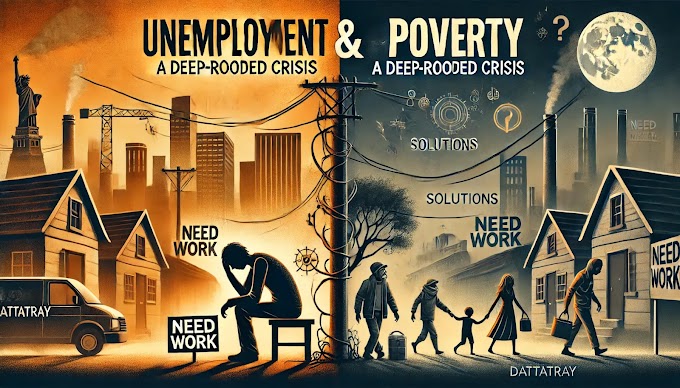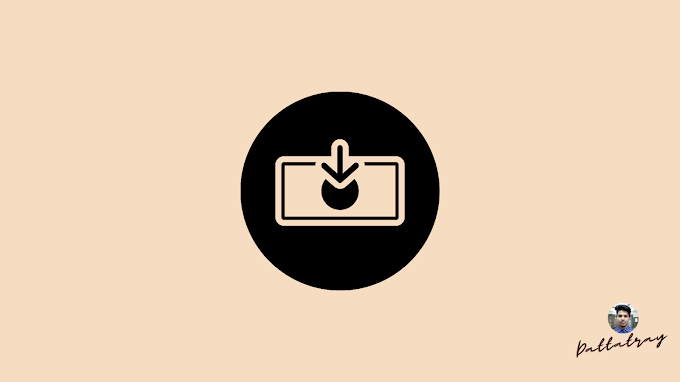"Navigating the Money Market: A Closer Look at the Heart of Financial Systems"
Introduction:
The world of finance is a vast and intricate network of markets and instruments, each with its unique purpose and role. The money market is one such critical component, serving as the heartbeat of the financial system. In this blog, we'll delve into the money market, understanding its functions, key instruments, and why it's crucial for the smooth functioning of the broader economy.
The Money Market Defined:
The money market is a segment of the financial market where short-term debt securities and financial instruments with high liquidity are traded. It provides a platform for institutions and individuals to lend, borrow, and invest in short-term, low-risk financial instruments.
Key Features of the Money Market:
Liquidity:
The money market is synonymous with liquidity. It deals with assets that can be quickly converted to cash with minimal price fluctuation. This makes it an attractive option for investors who require easy access to funds.
Maturity Period:
Money market instruments have a short maturity period, typically less than one year. Treasury bills, commercial paper, and certificates of deposit are common examples.
Low Risk:
Money market instruments are considered low-risk investments, primarily because of their short maturities and high credit quality. They are often backed by governments or financially stable corporations.
Diverse Participants:
The money market accommodates a wide range of participants, from large financial institutions to individual investors. It acts as a pivotal link in the broader financial system.
Key Instruments in the Money Market:
Treasury Bills (T-Bills):
These are short-term debt obligations issued by the government. They are considered one of the safest investments because they are backed by the full faith and credit of the government.
Commercial Paper:
Commercial paper represents unsecured, short-term promissory notes issued by corporations. It's a way for companies to raise capital quickly.
Certificates of Deposit (CDs):
CDs are time deposits offered by banks. They offer a fixed interest rate for a specified term, making them a predictable and safe investment.
Repos (Repurchase Agreements):
Repos are short-term borrowing arrangements where one party sells securities to another with an agreement to buy them back at a slightly higher price. They are used by financial institutions to manage their short-term cash needs.
Functions of the Money Market:
Source of Short-Term Financing:
Businesses and financial institutions use the money market to obtain short-term funds quickly. This liquidity is essential for everyday operations and capital investment.
Investment Opportunities:
Individual and institutional investors use the money market to park their excess cash. It provides a safe and liquid option for funds that are not needed immediately.
Monetary Policy Implementation:
Central banks use the money market to implement monetary policy. By buying or selling government securities, they can influence the money supply and control interest rates.
Conclusion:
The money market may not be as flashy as the stock market, but its role in the financial system is indispensable. It provides stability, liquidity, and essential financing to businesses and governments. Whether you're a corporation managing short-term cash needs or an individual investor looking for a safe place to park your funds, the money market is the go-to destination for achieving these financial objectives. It's the reliable backbone of our monetary system, keeping the wheels of the economy turning smoothly.
.png)







.png)

.png)

0 Comments